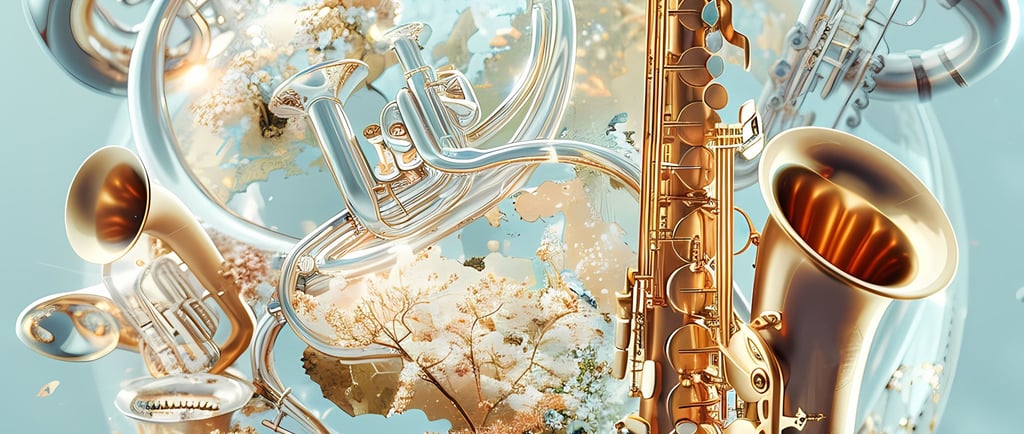AI-Generated Music and Future Ethical Challenges
Artificial intelligence (AI) has become an integral part of modern music production, shaping everything from composition and sound design to mixing and mastering. AI-generated music refers to musical pieces created, co-created, or significantly influenced by machine learning algorithms without direct human intervention. While this innovation offers exciting opportunities—such as the ability to produce music quickly, generate endless variations of a theme, or assist musicians in creative processes—it also raises profound ethical questions. As AI technologies continue to advance, the boundaries between human creativity and machine-generated art are becoming increasingly blurred, prompting discussions about originality, ownership, cultural implications, and the potential impact on the music industry. One of the primary ethical challenges is authorship and intellectual property rights. If an AI system composes a song, who is considered the author? Is it the programmer who designed the algorithm, the user who provided the input, or the AI itself? Current copyright laws are not well-equipped to handle non-human creators. This ambiguity can lead to disputes, especially when AI-generated music is commercially successful or closely resembles the style of an existing human artist. Additionally, AI systems often rely on training data that includes copyrighted works, raising questions about whether the output constitutes derivative works and whether this process respects the rights of original creators. Another major concern is the devaluation of human creativity. Music has always been a reflection of human emotion, experience, and culture. Critics argue that AI-generated music lacks the emotional depth and authenticity that come from lived experiences. As AI becomes capable of producing music at a large scale and low cost, there is a risk that human musicians might be undervalued or replaced, especially in commercial settings like advertising, film scoring, or background music for public spaces. This could significantly alter the creative economy, forcing musicians to redefine their roles in a technology-driven landscape. Cultural and ethical implications also emerge when AI mimics or reproduces music from diverse traditions. AI systems trained on global datasets might create works that imitate specific cultural styles without understanding their historical and cultural significance. This can lead to issues of cultural appropriation and misrepresentation. For example, generating traditional folk melodies without proper acknowledgment or permission from the originating culture may be seen as unethical, especially if it results in commercial gain for tech companies rather than the communities that developed those traditions. Looking ahead, ethical frameworks for AI in music are essential. These frameworks must address transparency (clearly labeling AI-generated music), fairness (ensuring human artists are not exploited), and inclusivity (respecting cultural heritage). Educational institutions and policymakers will need to collaborate with artists, technologists, and ethicists to establish guidelines that balance innovation with respect for human creativity. Moreover, consumers should be made aware of when and how AI is used in the music they listen to, fostering informed engagement with this new art form. In conclusion, AI-generated music represents both an exciting frontier and a complex ethical challenge. While it opens doors to creative possibilities and democratizes music-making, it also forces us to reconsider the meaning of originality, emotional expression, and cultural ownership. As we move into the future, the dialogue between technology and ethics will be crucial in ensuring that AI serves as a tool for artistic enhancement rather than a threat to the human spirit that lies at the heart of music.
5/8/20241 min read


Books, Articles, Insights
